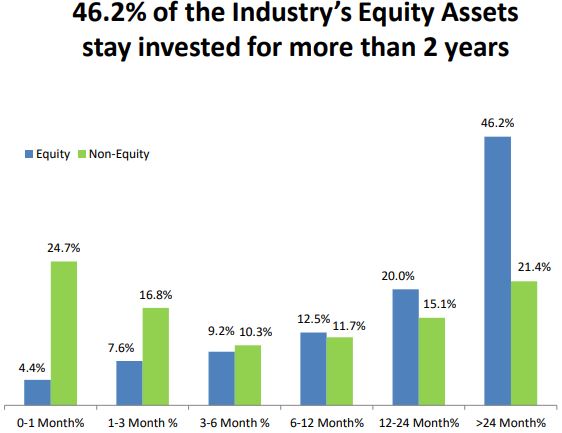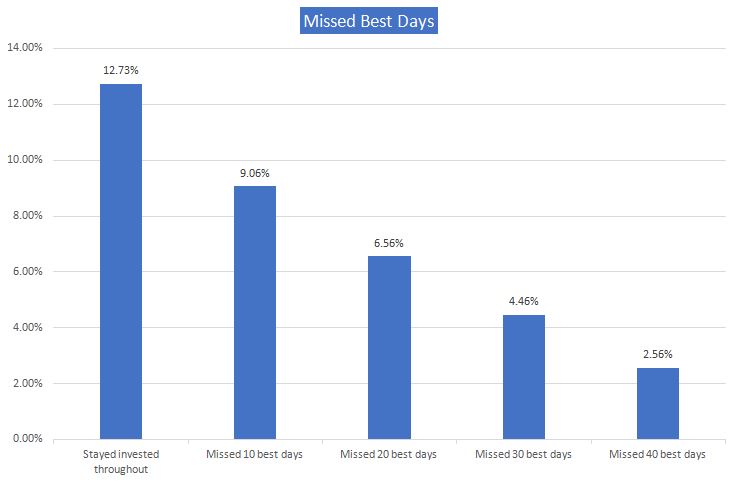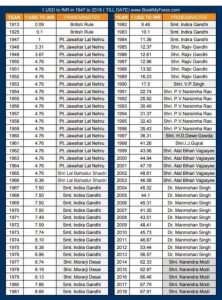The football match is at stake.
This penalty kick will determine the fate. Sweat is trickling down both the kicker’s and goalkeeper’s face. They stare fiercely at each other. The kicker takes a deep breath. All pressure on him. The referee blows the whistle. He jogs a few steps toward the ball, aims, and kicks as hard as he can. The goalkeeper dives to the right, but…
Gooooooooooooal!!!!!!!
The kicker jumps with joy. The goalkeeper hides his head with his hands. He guessed erroneously. In a football penalty shootout, professional goalkeepers must decide their action before they can distinguish which direction the ball will go. If he had listened to science, the goalkeeper would have just stood in the middle of the goal post. Then, he might have had a better shot at making the save of his life.
In an intriguing study of 286 top league penalty kicks, Israeli researchers analysed the direction in which the goalkeeper jumped (if any) as well as their behavior so as to find out the best approach for stopping a ball.
Is it better to jump to the right or to the left? Surprisingly, the best strategy is to do nothing at all! They found that the goalkeeper has the best chance of preventing a goal if he simply stays in the center.
Goalkeepers who dive to the right have only a 12.6% shot of stopping the ball. Diving to the left improves things only slightly; at 14.2%. But staying in the centre – apparently doing nothing – produces a significant 33.3% chance of preventing the goal.
This is ironic, since goalkeepers almost always jump to either side during a penalty kick. They stay in the middle only 6.3% of the time! Despite the fact that the statistically best option is to stand in the center of the goal, they usually dive. Given the enormous financial incentive to make a correct decision, why do world-class goalkeepers consistently choose action (jumping) over inaction (staying still)?
Michael Bar-Eli hypothesized that a goalie has a strong incentive to “do something,” a phenomenon known to psychologists as action bias. During a penalty kick, if the goalie just stands there, he risks looking stupid. Nobody wants to look stupid. So, they jump.
Why? Fans, commentators and sponsors all expect goalkeepers to jump. So they almost always do. Even if ‘doing something’ actually reduces the likelihood of saving the goal.
The thing is mankind has an “action bias”. So when times are tough, one would rather be seen “doing something” than doing nothing, even when we know doing nothing is the better option. Further, when “action” is the standard (goalkeepers jumping and investors panicking during a stock market downturn), a negative outcome is amplified following inaction. Other than the stadium, the “action bias” can influence not just goalkeepers but also investors as they decide to liquidate their investments (action) or leave their portfolio intact (inaction) during a decline.
Exiting Equity too Soon
Take into consideration the fact that more than half of all investors redeem their equity investments within 2 years. Even though equity as an asset class delivers optimum returns in the long term.

Convenience of SIPs playing out against Investors
Systematic Investment Plans have been made very convenient with various options to stop mid way. Many investors treat it as a new year resolution – they start investing with gusto and give it up within months of starting.
Panic, overconfidence, and a desire for control can cause us to make poor choices while investing. It can lead to churning or selling low. These decisions result from action bias. We feel compelled to do something, instead of patiently working (sometimes by waiting) towards our goals.
A major problem is that investors often buy at highs and sell at lows, especially when instability increases and patience is put to the test.
“Amidst difficult financial times, emotional instincts often drive investors to take actions that make no rational sense but make perfect emotional sense.”
Black Rock Investments
Fidelity’s Best Investors are Dead!
You see, Fidelity Investments, a large American multinational financial services corporation, reportedly conducted an internal study—a review of accounts between 2003 and 2013 to determine which investors performed the highest.
They found that the best performing accounts were from investors who were Dead! The runners up were investors who had Forgotten they had accounts at Fidelity.
The results of this study are in favour of the Hands Off Investing Style. The best investors did nothing and were certainly not buying or selling. Very often, we believe we can time the market and buy and sell accordingly. We’re typically wrong. Besides taking the wrong call, we increase our transaction costs and reduce our tax efficiency.
Time In The Market Matters
Instead of focusing on trying to “miss the bad days”, Investors should focus on “being invested during the good times”. This is something that is actually within our control.
If one missed the 10 best days of investment gains, his returns fall from 14.26% to 10.41%. To make things worse, the largest stock market rally days have occurred during bear markets (corrections).

The chart above shows that if you had stayed fully invested in stocks (as measured by the S&P BSE Sensex) from 1st January, 1990 to 30th March, 2020, you would have earned compounded annual returns of 12.73%. But if you had tried to time the ups and downs of the market, you would have risked missing out on days that registered some of the largest gains and the CAGR would have dropped tremendously to 9.06%, if you missed the 10 best days during this period.
Trying to time the stock market will certainly result in lackluster returns.
We are in no way implying that an investor shouldn’t periodically review their portfolio and rebalance as they approach their goal. However, it’s important to avoid buying high and selling low, which is easy to do when you see the market take a nosedive. Definitely assess your investments at specific intervals but for the most part, forgetting about them is the best thing you can do for them.





fabulous post
finest article
greatest post
best suited post, i like it
faultless article
optimum article, i love it